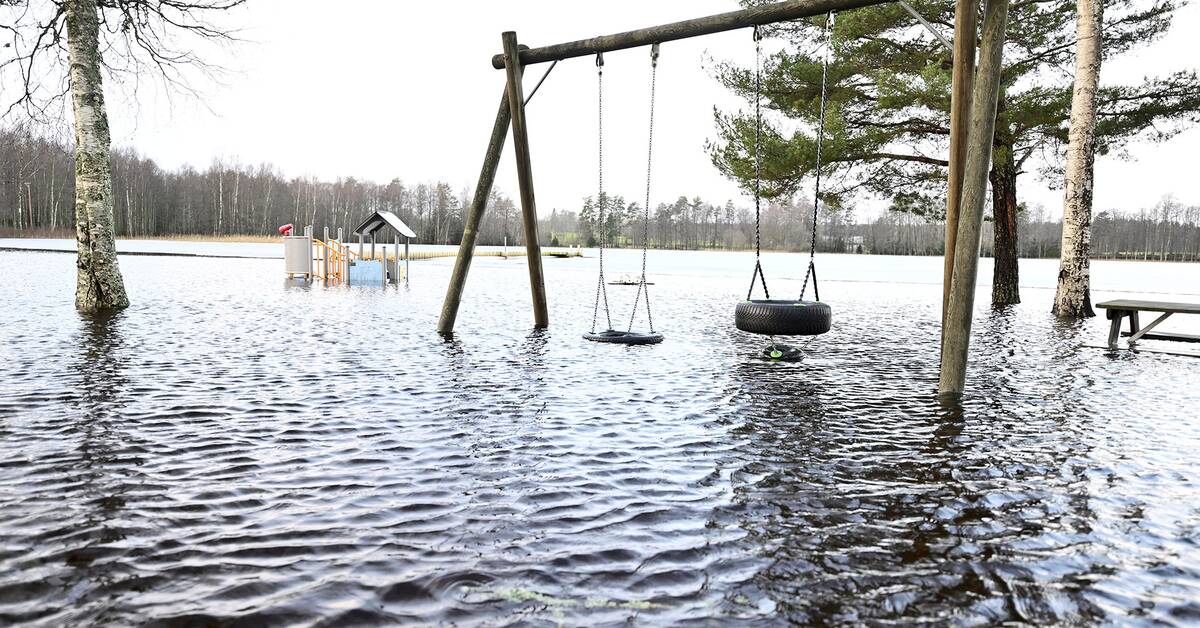It was described as a record investment.
When the government last year set aside half a billion kroner for measures against natural disasters, it was much more than before and long-awaited by many.
Both authorities and municipalities have long warned that more must be done to protect housing and important infrastructure.
- It is decisive for how big the consequences will be from natural disasters now and in the future, says Ida Axelsson Wall.
Was refused - even though there was money left
When SVT reviews the results of the investment, it turns out that just over half of the money was not used.
- The municipalities applied, but in several cases the measures they wanted to take were not sufficiently investigated.
The municipalities are interested, but it takes longer than the months they were given, says Ida Axelsson Wall.
Therefore, several of the applications last year could not be granted - even though there was money left over.
Of the SEK 500 million set aside by the government, only around SEK 235 million could be paid out.
- We are still satisfied that we got almost half of it because there are projects and applications that take time to prepare for, says Ida Axelsson Wall.
Roughly SEK 260 million of the allocated funds are thus unused.
- It goes back to the state, says Ida Axelsson Wall.
Some small municipalities still cannot afford it
Another concern that several municipalities previously raised is that the grants only cover a part of their costs, they themselves must cover at least 40 percent of the funding.
- There are certainly municipalities that have areas they want to protect but still can't get the finances together, says Ida Axelsson Wall.
Even this year, the municipalities have the opportunity to apply for grants of around half a billion for measures against natural disasters, and it is hoped that more will be spent this year.
The new application period has just begun.
- We have hired more staff who can help the municipalities with the applications, we also have a new system that will make it easier for them, says Ida Axelsson Wall.

